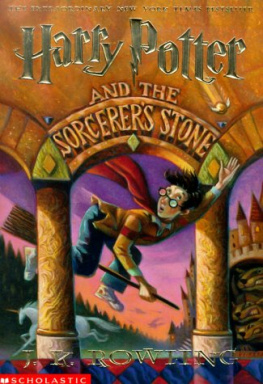Beezy Marsh is an international number one bestselling author who puts family and relationships at the heart of her writing. She writes fiction as well as memoir and biography and still finds time to blog about her life in Oxfordshire, as an imperfect mum to two boys. Shes also an award-winning investigative journalist, who spent more than twenty years making the headlines in newspapers including the Daily Mail and the Sunday Times. Beezy is a firm believer that sisters, mothers and wives are the glue that binds everything together and ordinary lives are often the most extraordinary.
Also by Beezy Marsh
All My Mothers Secrets
Keeping My Sisters Secrets
Mad Frank and Sons
Mr Make Believe
Introduction
As the storm clouds of war gathered over Britain in the late 1930s, working-class families braced themselves to make more sacrifices.
Brothers, husbands and fathers had been lost on the fields of France and Flanders in the war to end all wars of 191418, but now another generation readied itself to take up arms to defend the nation.
Those lucky enough to survive the First World War had returned to battles on the home front: the daily struggle to make ends meet, the fight against deadly diseases with no money to pay for medical care, and the reality of life on the dole or on the breadline throughout the hungry years of the 1920s and 1930s.
Yet through it all, against the odds, families survived.
Children thrived, women coped, and people made the best of it. The turbulent years between the wars saw huge social changes and upheaval, with mass unemployment, marches and strikes as unions fought for better pay and conditions. Working-class men and women gained the vote for the first time. It was inconceivable to many ordinary folk that they now had their say at the ballot box but there was no turning back. However, many would grumble that the vote didnt put bread on the table or mend the holes in their kids shoes.
For most women, day-to-day life went on much as it had done for their mothers and grandmothers. Keeping the family clothed, clean, fed and healthy was a full-time and gruelling job. It was a thankless task, but it was done with love and the support of an extended network of aunts, cousins, grannies and neighbours, who were there to provide a listening ear, words of comfort or just a nice cup of tea when the going got rough. Hopes were brewed, poured and sipped at in Britains sculleries, as they had been for generations.
The old adage that kindness cost nothing was woven into the very fabric of the clothes that were knitted and sewn and mended by the hearth, in the failing light of gas lamps. All lifes troubles were scrubbed away at the washboard and run through the mangle in the back yard before being hung out to dry in the alley in the cold light of day, because all the neighbours knew your business anyway.
In the cramped rows of two-up, two-downs, the spirit of community was forged in the pit of poverty and despair.
This is the true story of a family who lived through these trying times and their journey through the first half of the twentieth century, which tested the mettle of the entire nation.
Annie, calm, kind, accepting of her lot, was like so many other working-class women, mothers and wives. She was raised in Soapsud Island, the close-knit community of Londons laundries, and her expectations extended little beyond the washtubs where she worked from the tender age of twelve to earn her keep.
Her mother, Emma, a respected and highly skilled silk ironer, kept a secret from Annie to spare her the shame of a choice shed made in the grief of widowhood when Annie was just a baby. Annie and her brother George grew up believing their father had died a hero in the First World War. But after Annie discovered the truth about Georges parentage, which is revealed in the prequel to this book, All My Mothers Secrets, she began to understand why her mother had lived a lie. The bonds between them were strengthened by the half-truths told in order to survive in a world which judged women harshly. Annie vowed to keep the shocking truth from her brother George, just as her mother had done.
She accepted, as so many did, that some secrets are kept for a reason; some secrets must never be told.
Her mother Emma got married for a second time, to laundry hand Bill, and they had two daughters, who Annie helped raise from the age of fifteen, as well as working all the hours she could. She was selfless and single until her mid-thirties, when she fell in love with their lodger, Harry. On the eve of the Second World War, Annie married Harry, a dependable union representative from the local factory, and all her dreams of starting a family of her own began to come true.
She was in awe of Harry, who was eight years her senior, taciturn, political, well read but strangely reluctant to talk about his upbringing in the Northern powerhouse of Newcastle, where coal and shipbuilding were king. Harry received letters from his sister, Kitty, a mysterious and forthright woman who worked as a journalist at a time when women simply did not do such things, but Harry never invited her to stay.
When war came to their doorstep with the harsh reality of the Blitz, the world as they knew it was turned upside down and the past came back to haunt Harry and threaten Annies happiness.
This is their true story, of loss and hope, of enduring love and the unshakeable bonds that bind generations through all lifes hurts. It is one of secrets and lies and the will to survive.
It is the true story of a family facing extraordinary choices to keep living ordinary lives in a world where nothing would ever be the same again.
Prologue
Kitty
Newcastle upon Tyne, August 1911
Kitty had got used to the sound of crying in the house since her father had gone.
Mum made no attempt to hide her sobbing and most evenings, as she sat in her armchair in the parlour, shed put down her sewing and let grief wash over her.
Kitty would go to her then, knowing that words were useless because nothing could bring him back. The clock on the mantelpiece would strike nine and then ten but their loss had no respect for seconds or minutes or hours. They were caught by it, suspended like flies in amber.
The cries coming from upstairs grew louder, but it was too early for Mum to be back from work.
Kitty hesitated for a split second on the stairs, catching sight of her reflection in the hallway mirror. Shed glanced at herself hundreds of times going up and down those stairs in all the years theyd lived in Lily Avenue. It had been her little secret before she went to school, checking if her collar was straight and her unruly auburn hair tied neatly with a velvet ribbon, just the way the teacher liked it.
So much had changed in the past year. She didnt care one jot what she looked like these days. People stared at her and so shed got used to staring back at them, almost daring them to mention her fathers name.
Shed reached the top of the stairs now. The sobbing was coming from her little brother Harrys room. Kitty pushed open the bedroom door and Harry looked up at her, grey eyes filled with shame and anger, his lip cut and bleeding and a livid purple bruise darkening on his cheek. I dont want you to see me like this, Kit, he howled, hurling himself face down on the bed. Just leave me alone, will you?
She ran to him and kneeled at his side, watching his shoulders heave with each sob. The back of his shirt was streaked with dirt where hed been knocked to the ground.
I promised Dad before he went: I wont leave you ever, so dont be a soft lad and keep asking me to go, she said, fighting back tears of her own. Who did this to you? Was it the Jesmond Dene gang again, that bunch of layabouts?

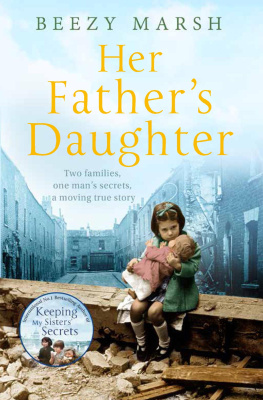
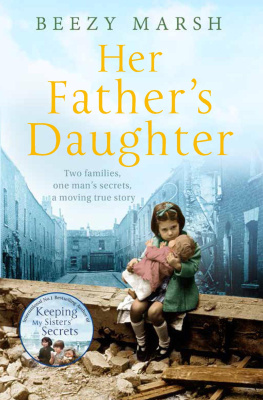

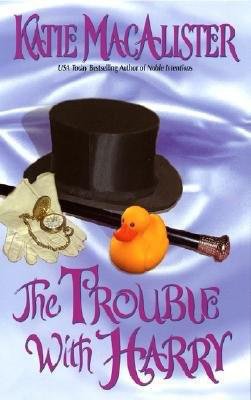
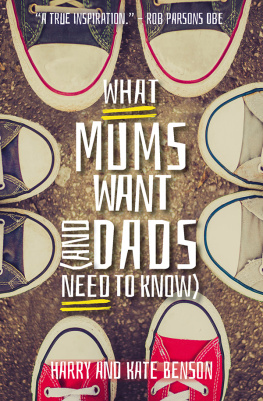
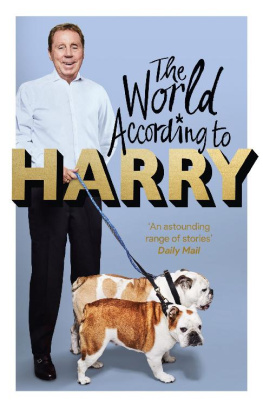
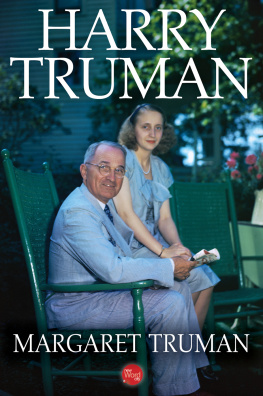
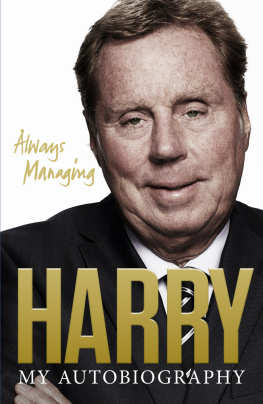

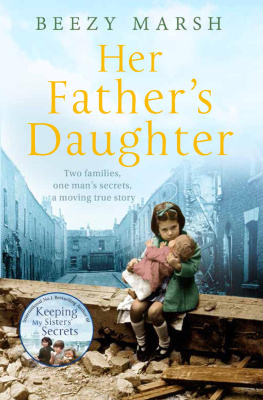

![J K Rowling - Harry Potter [Complete Collection]](/uploads/posts/book/117015/thumbs/j-k-rowling-harry-potter-complete-collection.jpg)
